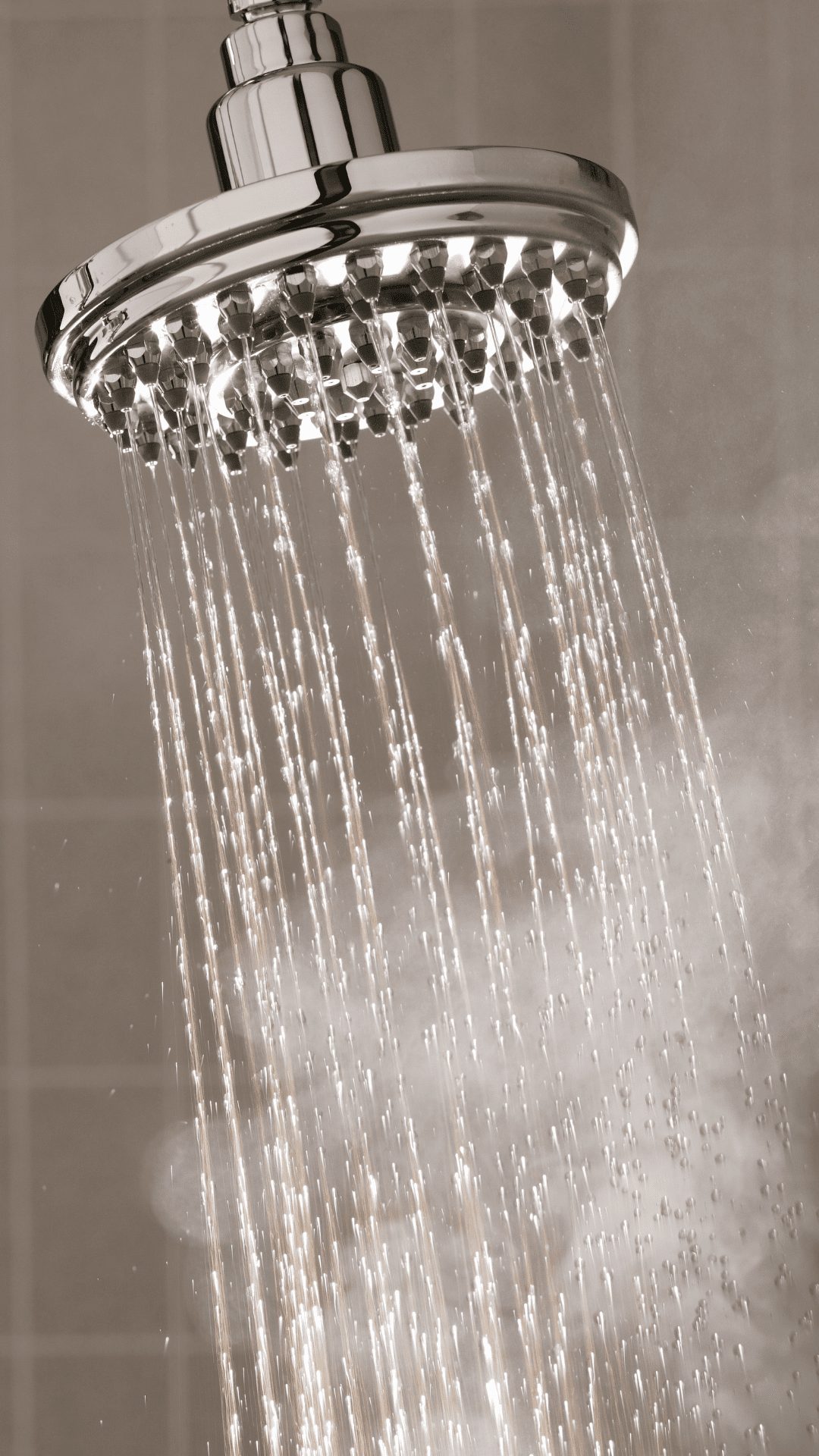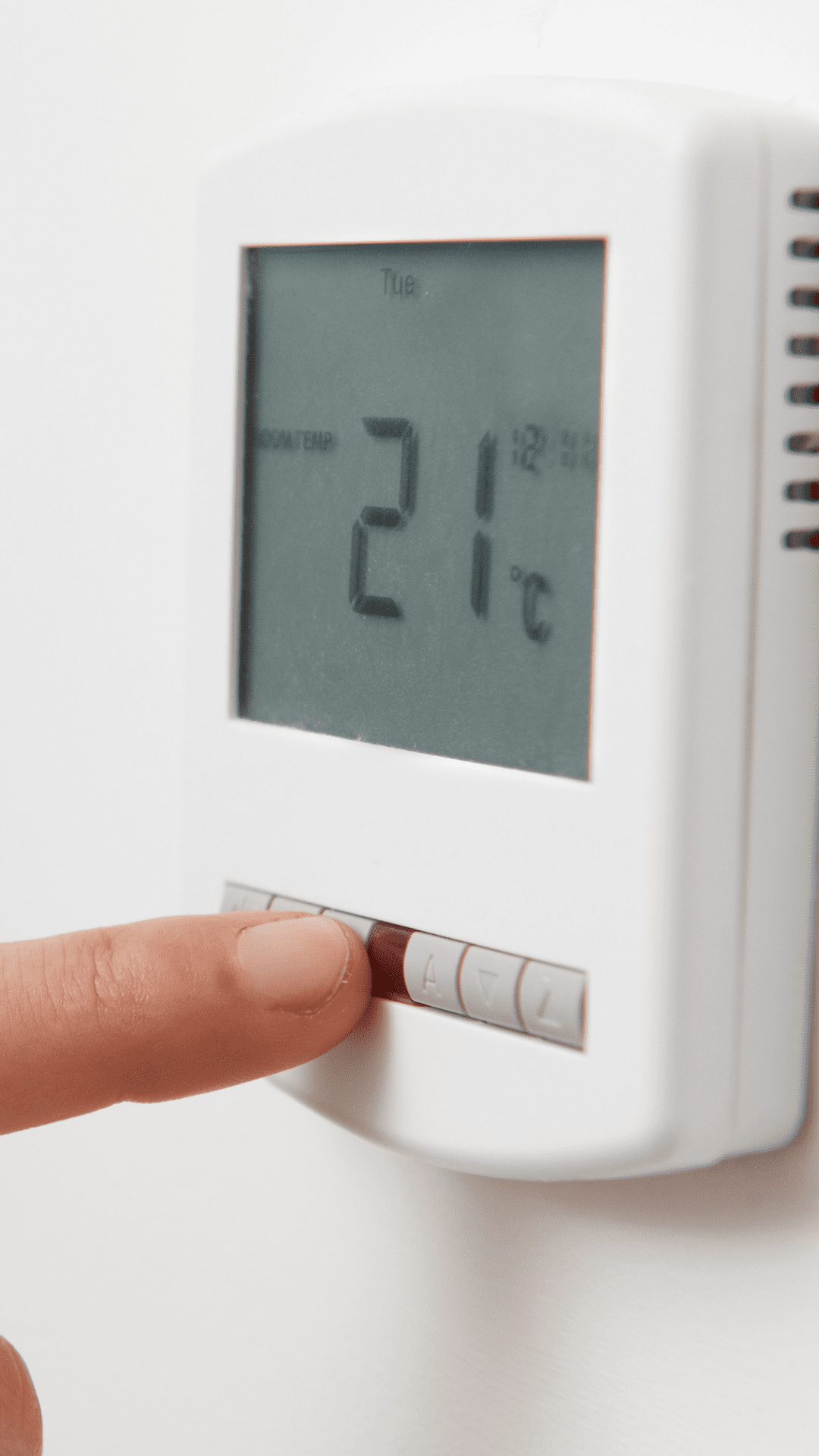
At this time of year MHR Clinic consultants are often asked questions about seasonal changes to hair and scalps. Here our consultant trichologist David Charles explains why people find they have a dry, itchy scalp in winter and he reveals several factors such as hotter showers, warmer indoor temperatures and higher stress levels all contribute to a flaky scalp in winter.
Each year the winter months bring a series of lifestyle changes that affect the condition of our scalps.
We pump up the central heating, then venture out into crisp cold air. Our showers and baths get hotter and longer.
Many of us begin to build summer bodies with torturous workout sessions at the gym and in the pool.
These adjustments to the colder weather are also undertaken when sunlight, and its all-important supply of vitamin D, is at a minimum.
The result is that we often suffer an itchy scalp in winter.
However, as they are all either habitual changes or out of our control, many people are left wondering, ‘why is my scalp so itchy in winter?’
A dry, itchy scalp in winter can be a persistent source of irritation until the spring season arrives with its warmer and longer days.
It also damages the quality of our hair and leaves unsightly flakes of skin on our clothes.
These are the five key causes of itchy, flaky scalp in winter and how to mitigate and treat them with some basic changes to our hair care.




Hot showers – do hot showers cause an itchy scalp in winter?
Hotter showers to counter colder days affect the health of our hair and scalps. Hot water strips the scalp of its natural oils, leaving hair looking and feeling weak, brittle and frizzy.
While over showering in excessively hot water can contribute to hair loss, its most likely effect is to produce a dry scalp in winter.
This doesn’t mean taking a cold shower on freezing days, but dialling down the temperature a little is often enough to prevent an overly flaky scalp in winter.
Lukewarm water is enough to stimulate the scalp’s cuticle and blood flow, and unblock dirt from follicles, so there’s no suffering from a dry, itchy scalp in winter.
Cooler showers and baths safeguard the scalp’s natural oils so we don’t experience an itchy scalp in cold weather.
Central heating – is my central heating giving me a dry scalp?
The discomfort from itchy scalps often peak in the dead of winter as we crank our radiators up to their highest settings, to keep enough heat in our homes.
Heated indoor air also rids our scalps of their natural oils. Known as sebum, this oil produced from glands around our follicles creates a protective barrier that keeps our skin hydrated.
By turning up the thermostat we dry out this essential oily, waxy element of our natural defence system.
As a result, the skin on our scalp becomes flaky and itchy in the winter time and we’re prone to scratching until dry flakes of skin fall from our scalps.
Wearing an extra comfortable layer of clothing to keep warm at home is better for our scalps and hair than blasting out heat from our central heating systems.
It is cheaper and better for the environment too.
Winter workouts – my scalp itches after I sweat at the gym
Many a personal trainer will say that summer bodies are made in the winter, but endless sweat sessions take a toll on our scalps.
We often sweat profusely from our heads in gym classes or when working out alone. When the salt content of our sweat seeps into open pores on our scalp it dries our skin and causes itching.
Furthermore, when sweat mixes with naturally occurring fungal bacteria on our scalp it causes odours and make our scalp itchy and more prone to infections.
When this mix accumulates on the scalp’s surface for a long period it triggers miliaria – a common skin disease caused by the blockage and inflammation of sweat ducts.
And miliaria is an extremely antagonising and itchy condition.
So, it’s important that every sweaty training session is followed by a thorough hair wash using an appropriate products, such as our tea tree oil shampoo and conditioner, to balance the pH of our scalp.
Stress levels – anxiety is causing my scalp to flake
Our stress levels often shoot up in winter. Very few of us benefit on a mental level from darker days, colder weather and less interaction with others.
In contrast, summertime tends to make us feel more free and easy about life.
Throw in a festive season, the January blues and a few too many unhealthy meals and drinks to comfort us in the colder months, and winter becomes a recipe for more of life’s stresses and strains.
Higher levels of stress and anxiety affect our hair and skin. They can cause psoriasis and hair loss.
In men, a rise in male stress hormones triggers a greater production of sebum which is the cause of dandruff, and its associated itching and scratching.
Managing stress with more mediation, massages and me time is a good way to reduce an itchy scalp in winter.
Reduced vitamin D – is less sunlight giving me a dry scalp in winter?
Vitamin D is an important vitamin that functions as a hormone and affects multiple bodily systems including the skin.
It strengthens the immune system which affect the health of skin barriers in a positive way.
A deficiency of vitamin D from a lack of sunlight causes dandruff, while psoriasis and eczema can also worsen in winter as a result of decreased exposure to sunshine in winter.
Sufferers of eczema and psoriasis have been proven to have low levels of vitamin D while they tend to note their conditions improve through summer months.
Taking high strength vitamin D supplements will help to alleviate suffering from a dry flaky scalp in winter.
If you would like more information about maintaining a healthy head of hair, please contact MHR Clinic on 01565 745 344 or reach out to us through the contact page on this website.
